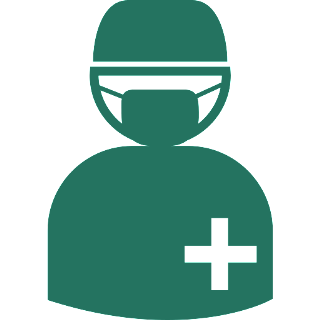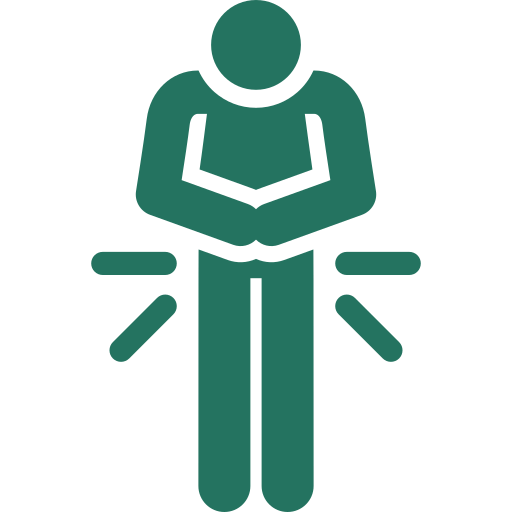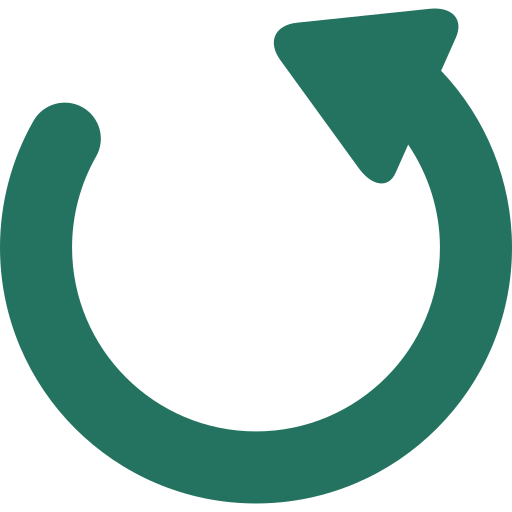FOR ENQUIRIES FILL THE FORM
( OR )
Belagavi


2 Lac + Happy Patients
Best Hernia Hospital in India As Per Google (4.9) ★★★★★
International Excellence Centre for Hernia by Dr John Murphy.
Ultramodern Infrastructure for Hernia
Experienced and skilled surgeons
Topmost Referral Centre for Complex Hernias
Hernia treatment is necessary to prevent the serious complication of strangulation. Strangulation can occur when a section of intestine becomes trapped within the hernia, cutting off the blood supply to that section. This can lead to tissue death and even sepsis if left untreated.
In addition to the risk of strangulation, hernias can also cause discomfort, pain, and even a noticeable bulge in the affected area. In some cases, hernias can also lead to the formation of a tumor.
While some may consider alternative treatments such as homeopathy or Ayurveda, it is important to note that hernias are a physical condition that requires physical treatment. One of the most advanced treatment options available today is 3D mesh hernia repair. This technique uses a three-dimensional mesh to provide support to the area and reduce the risk of recurrence.
A hernia is a medical condition that occurs when an internal organ, such as the intestine or fat, pushes through a weak spot or tear in the surrounding muscle or tissue wall. This can cause a visible bulge or swelling, pain, discomfort, or a feeling of pressure in the affected area. Common types of hernias include inguinal hernias, femoral hernias, umbilical hernias, and hiatal hernias. Hernias do not heal on their own.
A hernia can be a painful and debilitating condition, affecting your daily activities and causing discomfort. While hernias may seem like a common occurrence, they should not be taken lightly. Left untreated, a hernia can cause severe pain, restrict your movement, and impact your quality of life. It is important to remember that natural remedies such as homeopathy or Ayurveda cannot cure a hernia, and surgery is often the only effective option.
Treatment options depend on the hernia's features, impact on quality of life, and general state of health. Observation, use of a supportive device, or surgery may be used as treatment options. Surgery is the only way to fix a hernia, and emergency surgery may be necessary in some cases.
The choice of treatment options will be individualized based on the hernia's characteristics and discussion with your surgeon.
| Particulars | Open Surgery | Laparoscopic Surgery (HHC) | 3D Mesh Hernia Repair |
|---|---|---|---|
| Cuts | 8-10 cms | <10 mm | <10 mm |
| Scars / Stitches | Yes | No | No |
| Pain | Painful | Virtually Painless | Virtually Painless |
| Infection | Higher Chances | Lower Chances | Lowest Chances |
| Complications | Higher Chances | Lower Chances | Lowest Chances |
| Hospital Stay | 4 - 5 Days | 1 Day | Same Day Discharge |
| Recovery Period | 3 - 4 Weeks | 4 - 5 Days | 2 - 3 Days |
The answer is yes. Cigarette smoking can irritate the lungs and lead to a chronic cough, which can cause a hernia or worsen an existing one. Additionally, the nicotine in tobacco can weaken the abdominal wall, making it more susceptible to hernias. If you are a smoker and have a hernia, it is important to discuss your options for quitting smoking with your healthcare provider. This can help improve your overall health and reduce the risk of complications related to hernias.
Hernia surgery is generally considered safe, but like any surgical procedure, it carries some risks and potential complications. Some of the most common risks associated with hernia surgery include bleeding and infection. These risks are generally higher in patients with underlying medical conditions like diabetes, smokers, alcoholics, and elderly individuals. However, skilled surgeons can minimize the risks of complications with careful planning and management.
During the procedure, you will generally not feel anything due to the anesthesia given to you. The surgeon will make a small incision in your abdominal area and work on repairing the hernia. You may feel some pressure or pushing, but it should not be uncomfortable. Some patients may receive a regional anesthetic that numbs the area around the hernia, allowing them to be awake and responsive during the procedure. In this case, the patient may feel some sensations like tugging or pressure, but they should not experience any pain. Our doctor will keep you informed of what to expect during the procedure and will ensure that you are as comfortable as possible throughout the process.
After the operation, you will be closely monitored for a few hours before being discharged from the hospital. It is important to follow your doctor's instructions regarding wound care and activity limitations. You may be advised to avoid lifting heavy objects or strenuous activities for a few weeks to allow your body to heal. Your doctor may also prescribe pain medications and antibiotics to prevent infection. It is important to keep the surgical site clean and dry to prevent infection. You will have a follow-up appointment with your surgeon to ensure that you are healing well and to discuss any concerns or questions you may have. If you experience severe pain, fever, or excessive swelling, contact your doctor immediately as these could be signs of a complication.
When the operation is scheduled as a day care procedure, you can leave the hospital as soon as the anesthesia wears off and you are comfortable, have eaten and drank, and passed urine. It is recommended that you have a responsible adult with you to take you home and stay with you for 24 hours since a general anesthesia is commonly used. However, in some instances, you may be discharged after a 24-hour observation period and may need to stay overnight in the hospital. Prior to discharge, you will receive instructions about aftercare, pain relief, and antibiotics.
It's difficult to provide a specific timeline for complete recovery as it varies based on individual factors such as the type and extent of hernia, overall health condition, surgical technique and expertise of the surgeon. However, most patients are discharged on the same day or within 24 hours of the surgery. After the surgery, you may experience some discomfort while walking or climbing stairs, but painkillers can help alleviate it, and you should be pain-free within a few days.
The timeline for returning to your routine and activities may vary based on the type of hernia, the extent of the hernia, your overall health, the type of surgery you underwent, and the expertise of your surgeon. Generally, you can return to your activities as soon as you feel comfortable, taking into account your regular level of activity and type of work. If your job involves strenuous physical activity or lifting weights, it may take longer to resume work compared to those with sedentary jobs. Your operating surgeon can provide you with a more personalized timeline for resuming your activities.
It is important to seek medical help immediately if you experience any of the following symptoms:
Fever above 101 degrees Fahrenheit
Pain that is not relieved by the prescribed medication
Unusual bleeding
Persistent nausea or vomiting
Healing hands clinic,
C/O Sbg hospital, Opposite federal bank,
Ganeshpur Rd, Laxmi Tek, Belagavi,
Karnataka 590001.












